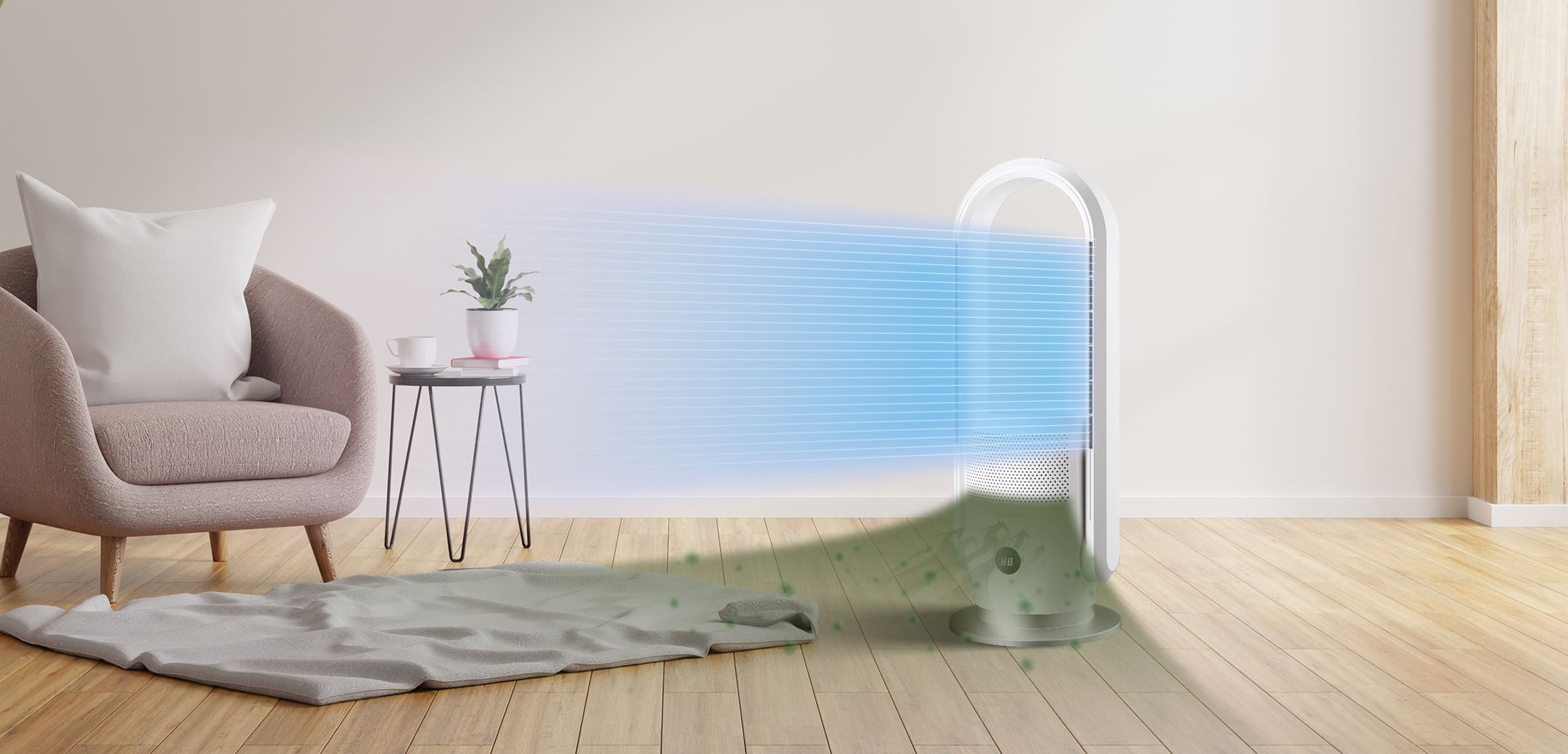
Get A Quote
Does a Fan Help with Allergies
On hot summer nights, opting for a trusty fan in your bedroom can be a game-changer in the quest for a chillaxed ambiance. Not only is it a budget-friendly alternative to blasting the aircon, but it also hands you the power to channel the breeze exactly where you want it.
Nevertheless, for certain folks, the fan's nocturnal gusts might stir up a hornet's nest of issues. some expert say that the sleeping With A Fan Can Trigger Allergies.so does a fan help with allergies or trigger allergies ?
Why Fans Trigger Allergies?
Sleep experts say snoozing with a fan can cause an increase in allergies and other uncomfortable symptoms.
"As a fan moves air around the room, it causes flurries of dust and pollen to make their way into your sinuses," according to Sleep Advisor. "If you're prone to allergies, asthma and hay fever, this could stir up a whole lot of trouble." A fan in a window can also pull pollen and other allergy triggers in from the outside. However ,there are some fans that help with allergies.
Are Bladeless Fans Better for Allergies?
The bladeless fans that help with allergies. In the realm of innovative fan designs, bladeless fans stand out for their remarkable ability to curtail the influx of dust into the surrounding air. The ingenuity lies in their concealed blades, nestled behind a delicate grille, acting as a barrier that thwarts the entry of dust particles into the system.
Now, let’s delve into the marvel of our bladeless fan’s HEPA filters. These cutting-edge filters possess the prowess to capture particles as minuscule as 0.1 micron. But what significance does this hold, particularly for those plagued by allergies?
Experts concur that notorious allergens like dust mites, measuring between 0.1 to 0.3 microns, are the arch-nemeses of allergy sufferers. Enter the heroics of a HEPA filter: it entraps these infinitesimal troublemakers, snuffing out potential allergic havoc.
Yet, the battleground for allergy sufferers extends beyond these microscopic adversaries. Oddly enough, it’s the mid-range particles that pose a substantial threat, infiltrating lungs and wreaking havoc. Sources of such particles range from the insidious clutches of tobacco smoke to the subtle menace of metallic fumes and certain bacteria.
Whether you find yourself in the grip of a relentless asthma battle, ensnared by the clutches of hay fever, or grappling with an array of respiratory challenges, including the formidable foe of cardiovascular disease, embracing a HEPA filtration system proves nothing short of a health boon. This advanced technology not only elevates air quality but also safeguards your well-being, ensuring you breathe in a haven of purity amidst the chaos of the outside world.
Conclusion
In the realm of allergies, navigating the world of fans can be akin to walking a tightrope – a perilous dance with dust particles. Many seasoned experts nod in agreement: steering clear of traditional fans is sage advice for allergy sufferers, given the microscopic dust storm they whip up when in operation. Yet fear not, for there’s a knight in shining armor – the bladeless fan equipped with a HEPA filter.
Picture this: the whirlwind of dust particles dramatically tamed, the air rendered pure, all thanks to the magic of a bladeless fan fortified with the might of HEPA filtration. This dynamic duo not only puts the brakes on the pesky particles but also grants allergy sufferers a breath of fresh air, literally. So, bid adieu to your fan-induced worries and embrace the blissful breeze of a dust-free sanctuary.

